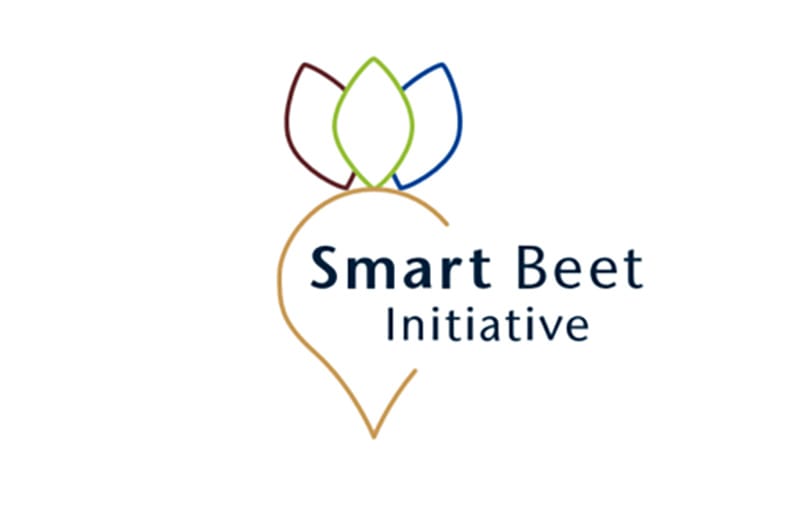
8 February 2023
Smart Beet Initiative – an initiative for seven countries
The Smart Beet Initiative (SBI) project has been running at Nordzucker since 2019. Together with the local farmers, approaches to solutions are being developed to safeguard regional beet cultivation and its profitability. At the same time, this initiative supports the Green Deal as the European roadmap to climate neutrality in 2050. Two key approaches of the Green Deal are the Farm-to-Fork and biodiversity strategies. A large number of the Smart Beet initiatives are helping to ensure that measures under these strategies, such as reducing chemical pesticides, are also implemented in beet cultivation in the short term.
Currently, there are no ad hoc solutions to the various challenges in beet production, such as loss and reduction of important pesticides and restrictions on fertilization in designated areas. Rather, the approaches are neither theoretically nor technically fully mature. Therefore, it is all the more important that the Smart Beet Initiative project tries new innovations and ideas in a timely manner that would be difficult for an individual or a single farm to implement. The SBI project is running in all seven European countries (Germany, Denmark, Sweden, Finland, Lithuania, Poland, Slovakia) where Nordzucker processes beet. The country-specific challenges differ in some cases, but the objectives are the same for all countries.
In order to work as closely as possible with the local farmer, the individual field demonstrations are supervised by the regional Agricenters. As part of the Smart Beet Initiative, demonstrations must meet three criteria; they must be sustainable, smart and public.
Planned Smart Beet initiatives for 2023
Currently, 26 Smart Beet initiatives are planned for the coming crop year. A large number of the initiatives pursue approaches to reduce the use of herbicides in conventional beet cultivation and thus follow the measures of the Green Deal. To sustainably minimize insecticide use in sugar beet, studies of the effects of perennial flowering strips are continuing, tools are being developed to quickly and easily target pests and beneficial insects, and traps for catching pests are being tested. Digital applications, such as the creation of sowing and yield maps, which have already been introduced in other crops such as corn, will also continue to be tested for their usefulness in beet cultivation.

